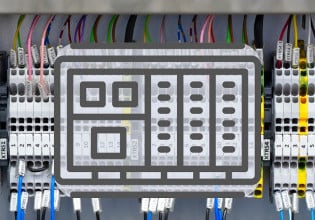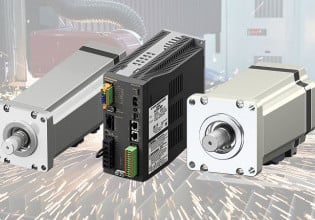P
Hello,
I'm writing a LabView application where I have to communicate to another process via Modbus. There is a LabView Modbus library and there is an example that works, but the whole is not very well documented.
As far as I have understood in the Modbus protocol the data is passed from master to slave or from slave to master through registers. The thing I don't understand very well is how the master (or the slave) knows the data he has written in a register have been read by the slave (or the master), and how does he know he can overwrite the registers without loosing data?
In serial communication via RS-232 for example, the data is just sended and it fills a buffer until it is read. Is there a way to operate similarly with Modbus?.
In our application the process we have to communicate to, makes some measurements and time to time must sends data (not necessarly at a defined interval). There is not a great amount of data (up to some acquisitions per second), but we would not want to loose any.
Any help will be greatly appreciated.
Patufet
I'm writing a LabView application where I have to communicate to another process via Modbus. There is a LabView Modbus library and there is an example that works, but the whole is not very well documented.
As far as I have understood in the Modbus protocol the data is passed from master to slave or from slave to master through registers. The thing I don't understand very well is how the master (or the slave) knows the data he has written in a register have been read by the slave (or the master), and how does he know he can overwrite the registers without loosing data?
In serial communication via RS-232 for example, the data is just sended and it fills a buffer until it is read. Is there a way to operate similarly with Modbus?.
In our application the process we have to communicate to, makes some measurements and time to time must sends data (not necessarly at a defined interval). There is not a great amount of data (up to some acquisitions per second), but we would not want to loose any.
Any help will be greatly appreciated.
Patufet






